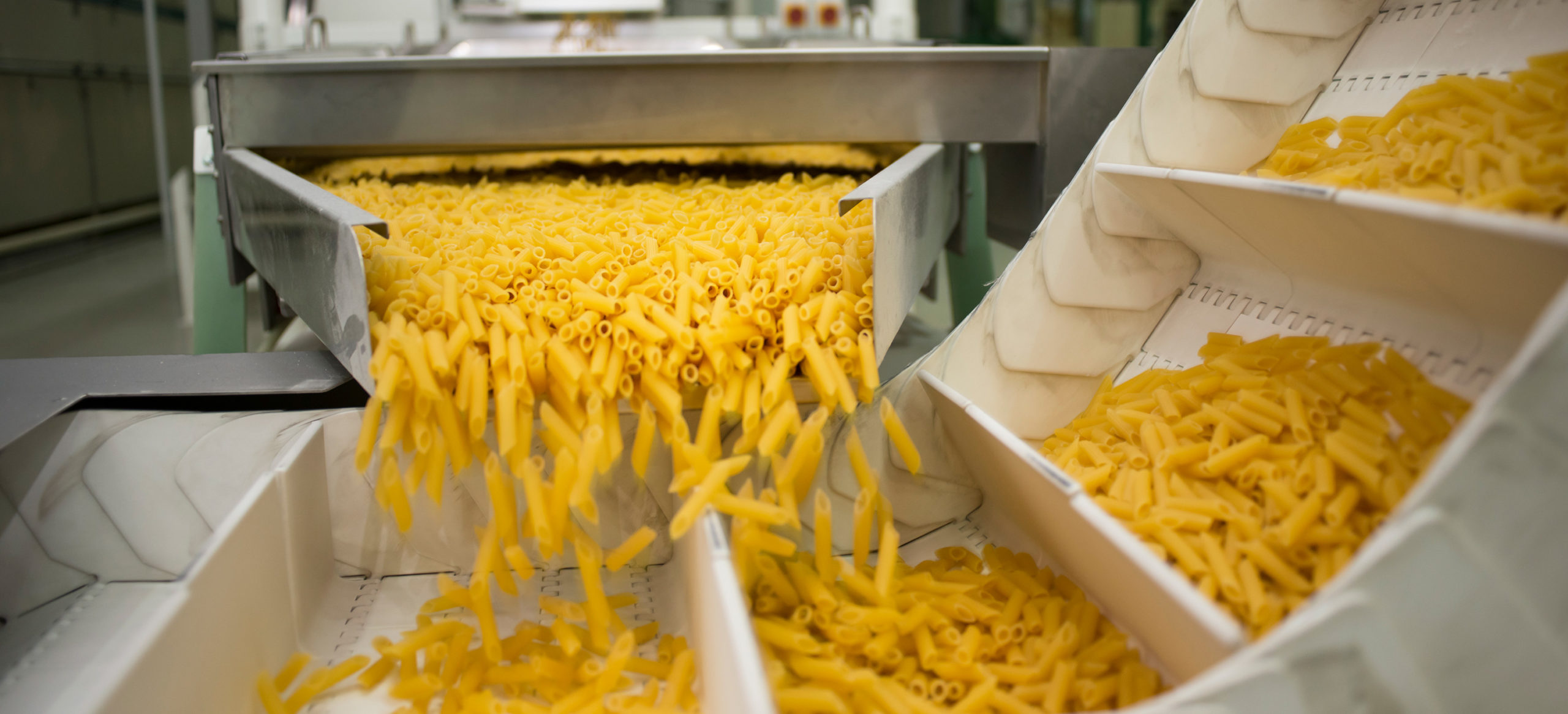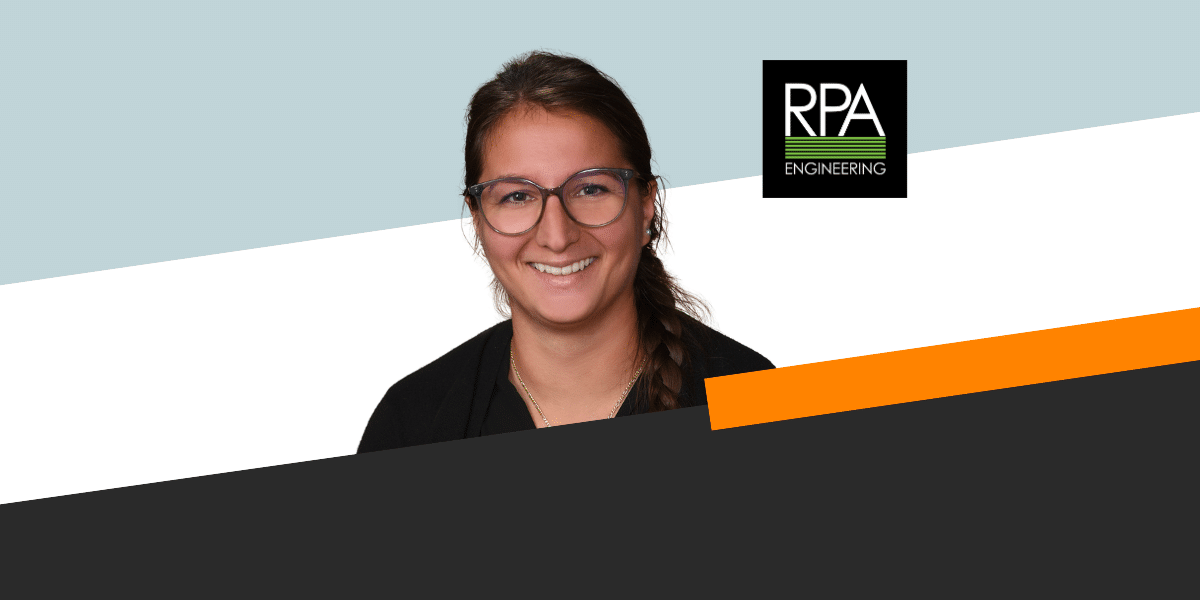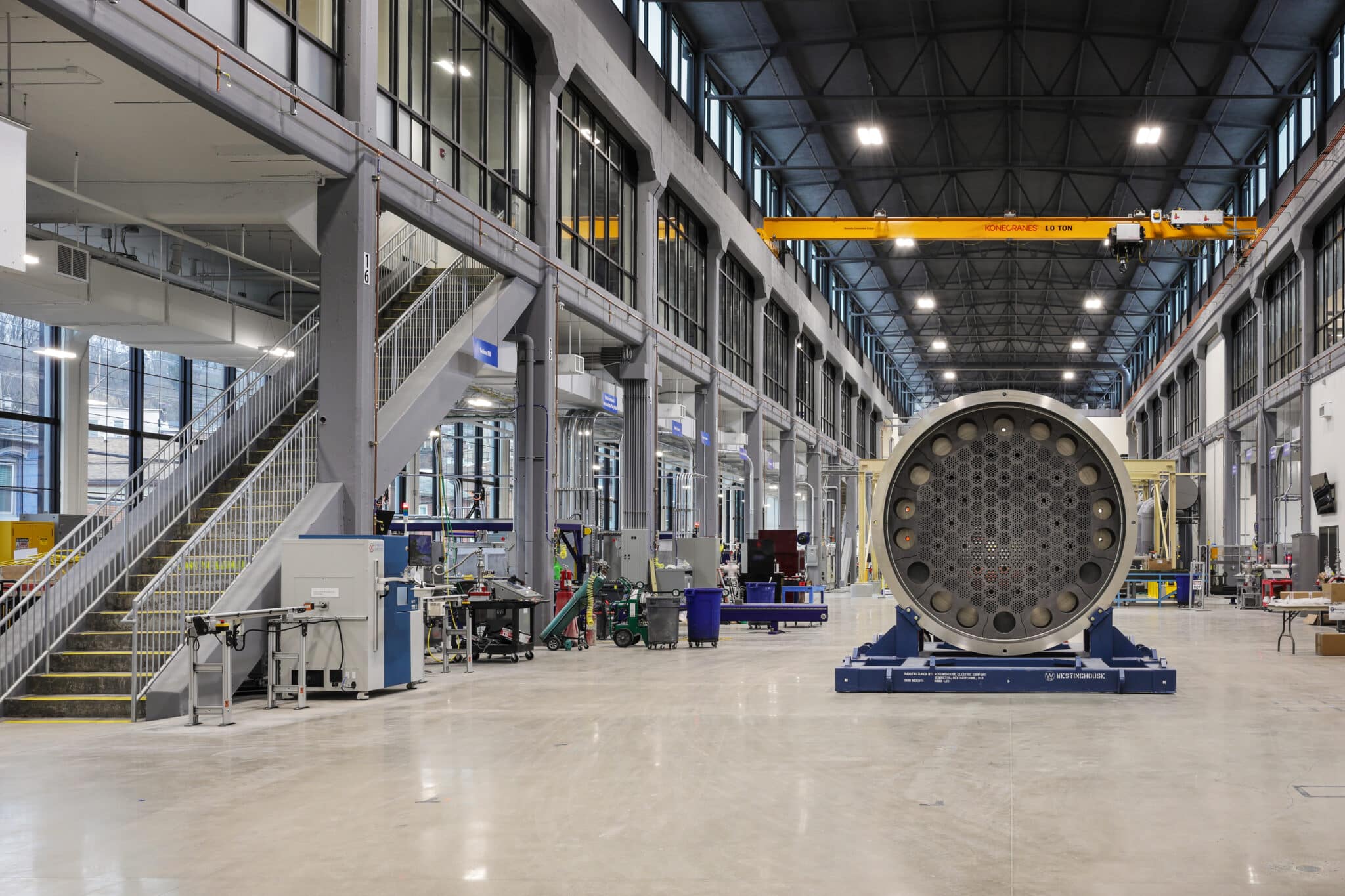The Food and Drug Administration (FDA) has many requirements to create transparency in the process of manufacturing drugs, food, and consumer goods. When a new product is manufactured there are many considerations for ensuring that the end-user receives a quality product that performs its intended function. One of the tools used to manage new processes is CQV (short for commissioning, qualification, and validation). CQV best practices are managed through Good Manufacturing Practices (GMP), which is written and updated by the International Society of Pharmaceutical Engineers.
RPA Engineering offers services in commissioning, qualification, and validation (CQV) for the pharmaceutical and food and beverage industries.
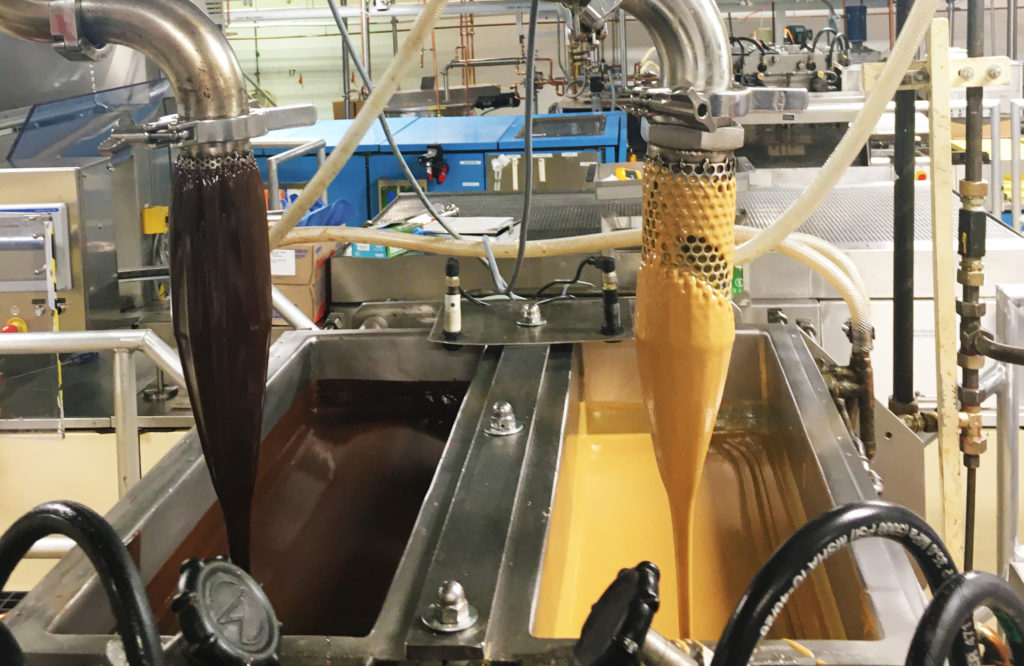
Commissioning
Commissioning is a process common to all new construction projects, not just those in the pharmaceutical, food, and consumer goods industries. Commissioning involves ensuring that all utilities within a facility are properly installed to support a new process within a plant. This can include confirming that sources of water, electricity, air, and hydraulics provide the required service needed for the process. Commissioning may also encompass the confirmation of the structural integrity of the facility.
Qualification
Qualification is a process, which involves verification of equipment being properly installed and functional. There are three different forms of qualification: installation (IQ), operational (OQ), and performance (PQ). The IQ includes a visual inspection of all equipment used in a process.
Additionally, the process involves collecting all paperwork related to the installation of equipment not limited to material and surface finish certifications, any equipment certifications, and verification of equipment creation in asset management records. An OQ involves testing equipment and instrumentation within a process to verify that the equipment is functioning within its specified range of operations. A PQ simulates normal operations to verify that the equipment can run at full capacity and maintain the expected result.
Validation
Process validation uses statistics and data to confirm that a product can be manufactured with consistent quality. There are several types of validation including process, cleaning, method, and computer system. Process validation is used to verify that a process meets its acceptance criteria consistently. Cleaning validation is used to verify that cross-contamination does not occur between products. Method validation is used to verify that testing used during validation is precise, accurate, and consistent. Computer systems also need to be validated to ensure they are functioning properly.
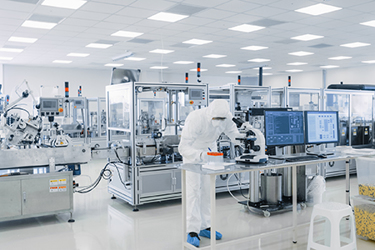
Photo:
Article by Shawn Watson – https://www.pharmaceuticalonline.com/doc/applying-quality-by-design-to-pharmaceutical-research-and-development-0001
CQV is an important part of any new project in the pharmaceutical, food, and consumer goods industries. RPA Engineering can provide you with the solution to your CQV needs.
